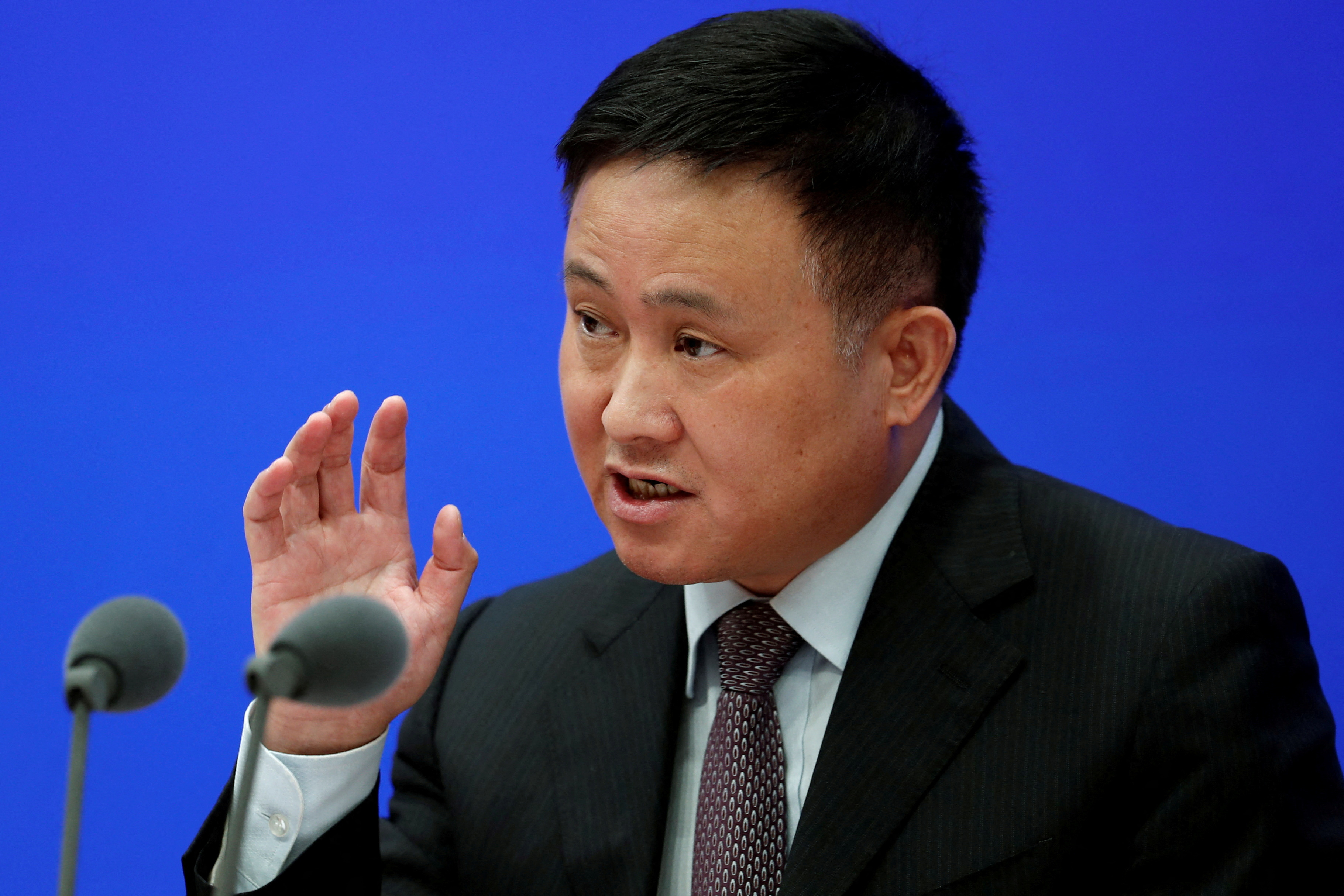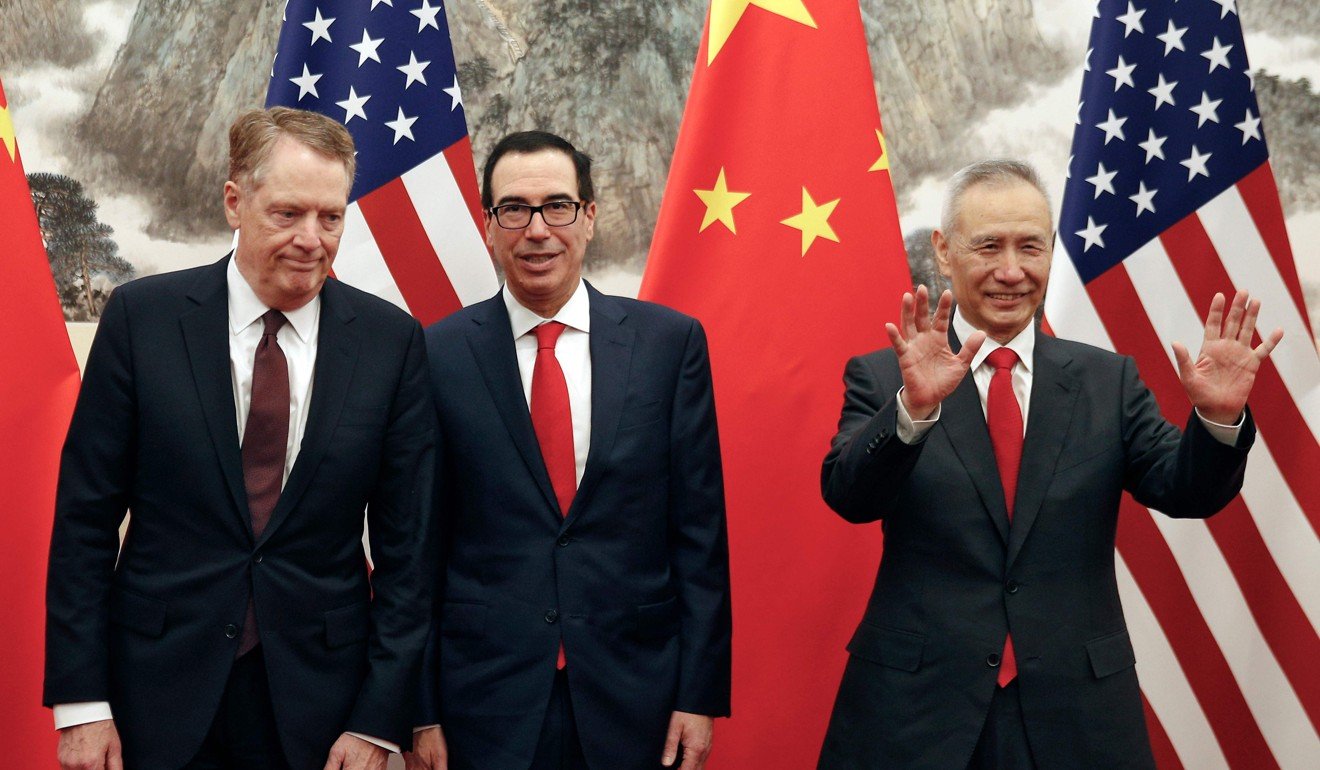People’s Bank of China (PBOC) Governor Pan Gongsheng delivered a powerful message at the 51st International Monetary and Financial Committee (IMFC) meeting: the world desperately needs coordinated macroeconomic policies. Frankly, it’s not a suggestion, it’s a necessity given the current global economic fragility.
The Governor didn’t mince words, stressing the urgency of supporting multilateral trade and pushing globalization towards a more open, inclusive, and balanced path. In simpler terms? We need to work together, or we all suffer.
China, as Pan Gongsheng rightly pointed out, is a staunch advocate for true multilateralism, a defender of free trade, and a dedicated supporter of the World Trade Organization. We’re actively involved in global economic governance and committed to building an open world economy.
And we’re willing to deepen our cooperation with the IMF, empowering it to play a bigger role in maintaining global financial stability.
A Deeper Dive: The Importance of Macroeconomic Policy Coordination
Macroeconomic policy coordination refers to the alignment of economic policies between different countries. This coordination is particularly vital in a globally interconnected world.
Without it, conflicting policies can create instability. For example, if one country aggressively raises interest rates while another lowers them, it can create currency fluctuations and capital flow disruptions.
Effective coordination involves things like consistent fiscal (government spending and taxation) and monetary (interest rates and money supply) policies.
It also means addressing global imbalances, like large trade deficits or surpluses, that can create vulnerabilities in the international financial system. Ignoring this reality is playing with fire.
Ultimately, coordinated action isn’t just about preventing crises—it’s about fostering sustainable and inclusive global growth.







